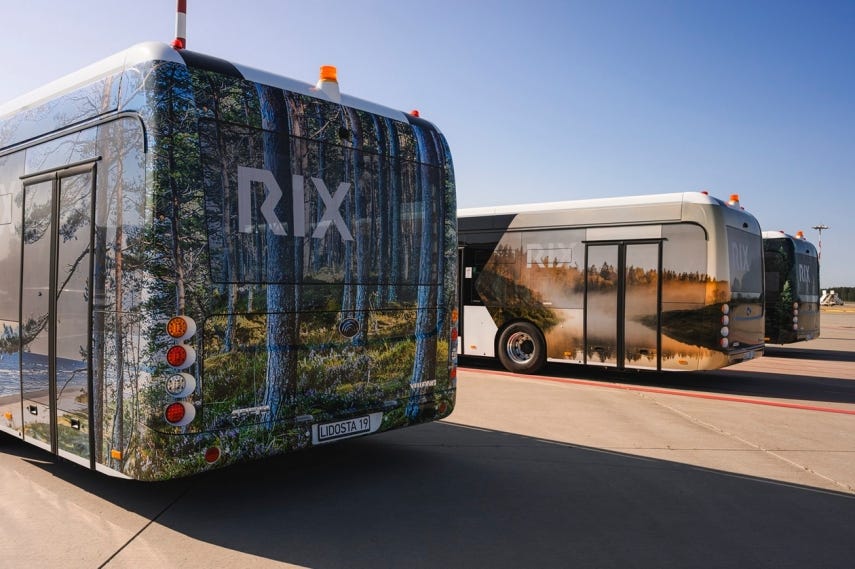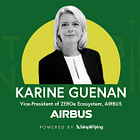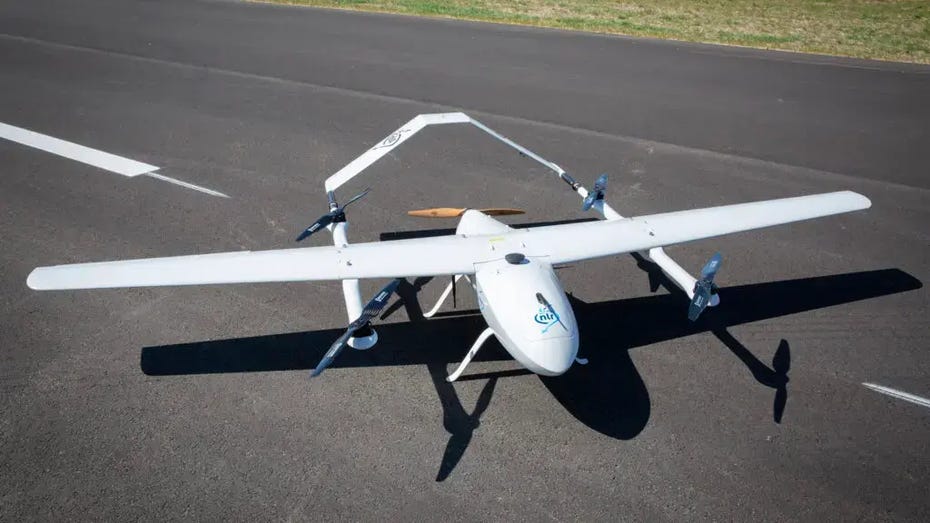#Sustainability20: SWISS becomes first airline to back neustark’s carbon removal technology & more
Weekly Roundup - 29/08/25
Each Friday, we publish a round-up of the 20 most important stories on sustainable aviation. You can see previous editions of #Sustainability20 here.
Industry updates
SWISS has become the first airline to partner with Swiss climate tech start-up neustark, investing in carbon removal technology that permanently stores CO₂ in recycled construction materials.
SHEIN and Lufthansa Cargo have partnered to trial sustainable aviation fuel (SAF) for air freight shipments, aiming to cut emissions and improve data sharing within six months.
The European Commission has pledged €4 million to help 12 partner countries develop SAF production and certification, supporting global aviation’s decarbonisation efforts.
Ryanair’s CEO has declared aviation sustainability targets “dead”, dismissing SAF as “nonsense” and predicting falling oil prices will undermine the push for greener fuels.
A NATS survey has found a gap between environmental concern and action among UK flyers, with punctuality prioritised over emissions despite strong support for SAF development.
Aviation is increasing its focus on contrails' climate impact, with new EU reporting rules and research into avoidance strategies, though the science remains complex.
CLIMATE WATCH: Deforestation has killed half a million people in past 20 years, study finds - The Guardian
A study has found deforestation caused over half a million heat-related deaths in the tropics over two decades due to localised temperature rises from land clearance.
Infrastructure and operational efficiencies
RIX Riga Airport has achieved Level 3 carbon accreditation, installed solar panels, and brought forward its net-zero target to 2035 as part of its green transition.
Venice Airport is pursuing an innovative net-zero 2030 strategy featuring agrivoltaic solar fields, hydrogen drone deliveries, and AI-powered climate control to reduce its environmental impact.
Aurrigo, a UK-based autonomous technology specialist, has received £700,000 to deploy its autonomous cargo and passenger vehicles at East Midlands Airport, testing a multi-vehicle fleet for airside logistics.
San Francisco International Airport has joined a global coalition backing a strategy to completely phase out fossil-based jet fuel by 2050 through SAF and new technologies.
Halifax Stanfield Airport has introduced two interactive passenger robots for wayfinding and information, piloting the technology to enhance the customer experience.
Sustainable Aviation Fuel (SAF)
Airbus has delivered an Air France A220 using a 50% SAF blend from Canada, a first for its Mirabel site that cut the ferry flight's emissions.
Universal Fuel Technologies’ synthetic SAF has been accepted into the ASTM clearinghouse, a key step towards full certification for its Flexiforming production technology.
SEKISUI CHEMICAL and Velocys have partnered to combine CO2 conversion and Fischer-Tropsch technologies to produce e-SAF from carbon dioxide.
SOCAR Turkey and Turkish Airlines have signed an MoU to cooperate on developing and using SAF, expanding their existing jet fuel partnership.
A Finnish consortium has launched a pilot to produce e-SAF from biogenic CO₂ emissions, using a new low-temperature electrolysis technology.
New technology: Electric and Hydrogen
EHang has secured a $210 million investment from Hefei city to establish a production and operations base for its new, larger VT35 eVTOL aircraft.
The Netherlands Aerospace Centre has begun test flights of its Hydra-2, the country’s first liquid hydrogen-powered drone, a step toward scaling the technology for larger aircraft.
Researchers have designed a hydrogen heat exchanger fin inspired by peregrine falcon wings, achieving lower resistance and improved heat transfer.
Alef Aeronautics has secured agreements to test its FAA-certified Model A electric flying car at two Silicon Valley airports, with customer deliveries expected next year.






